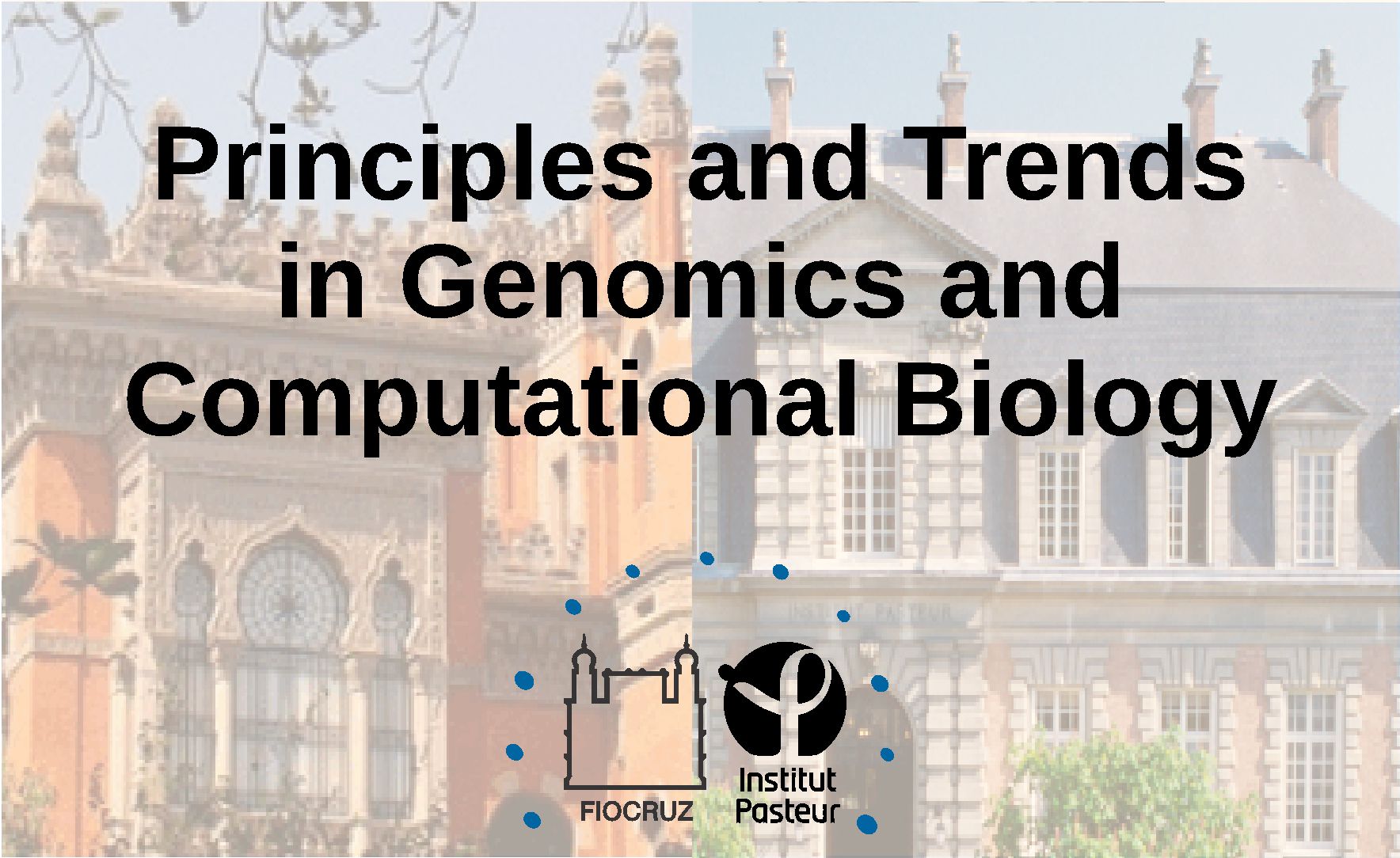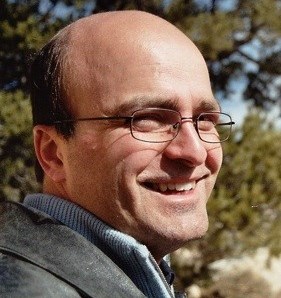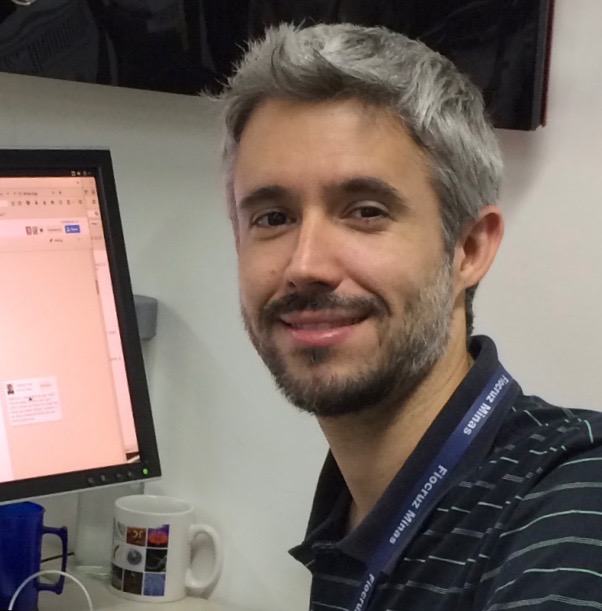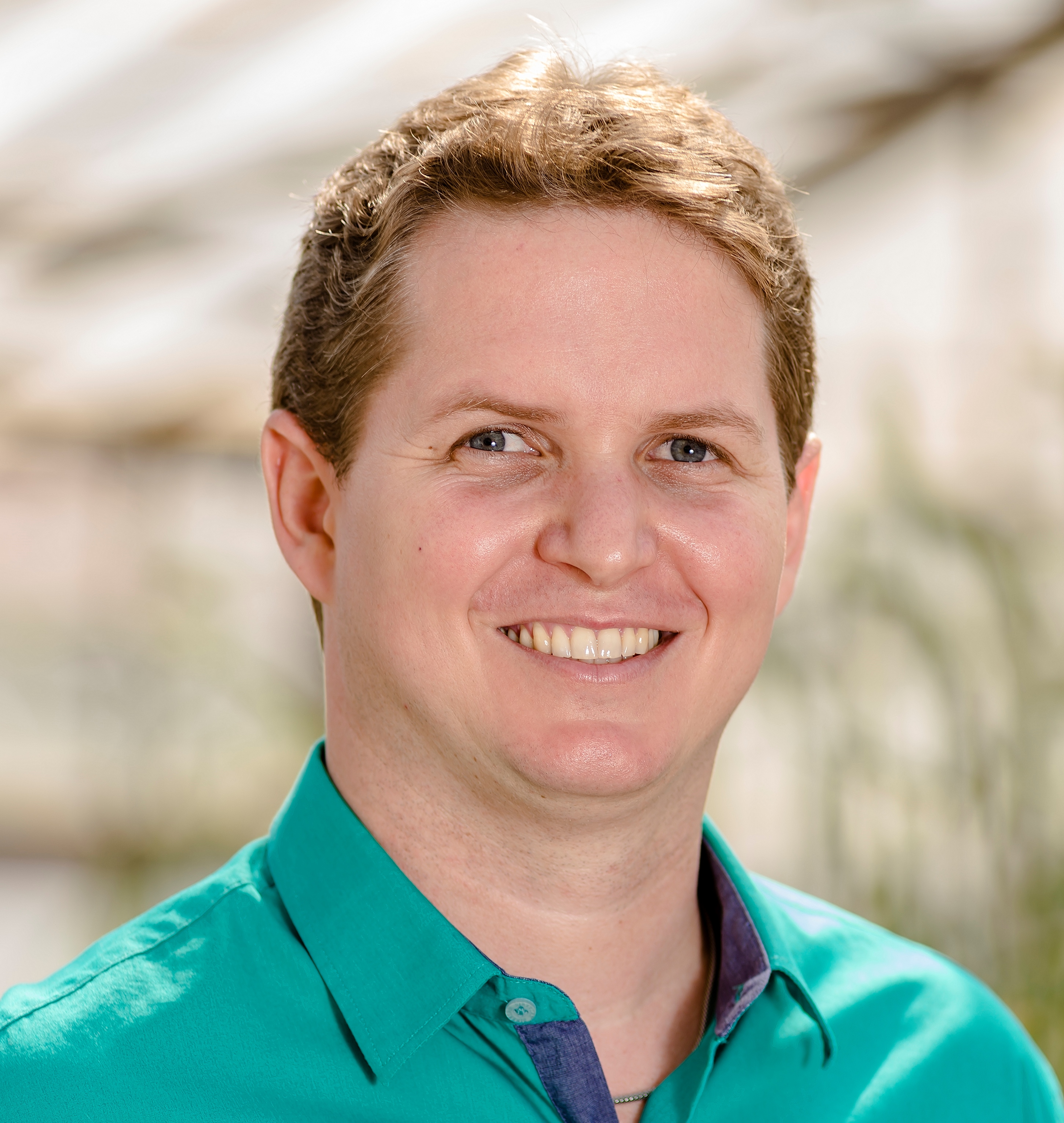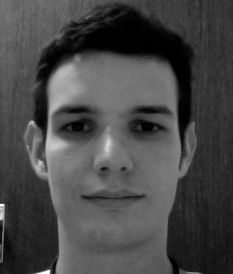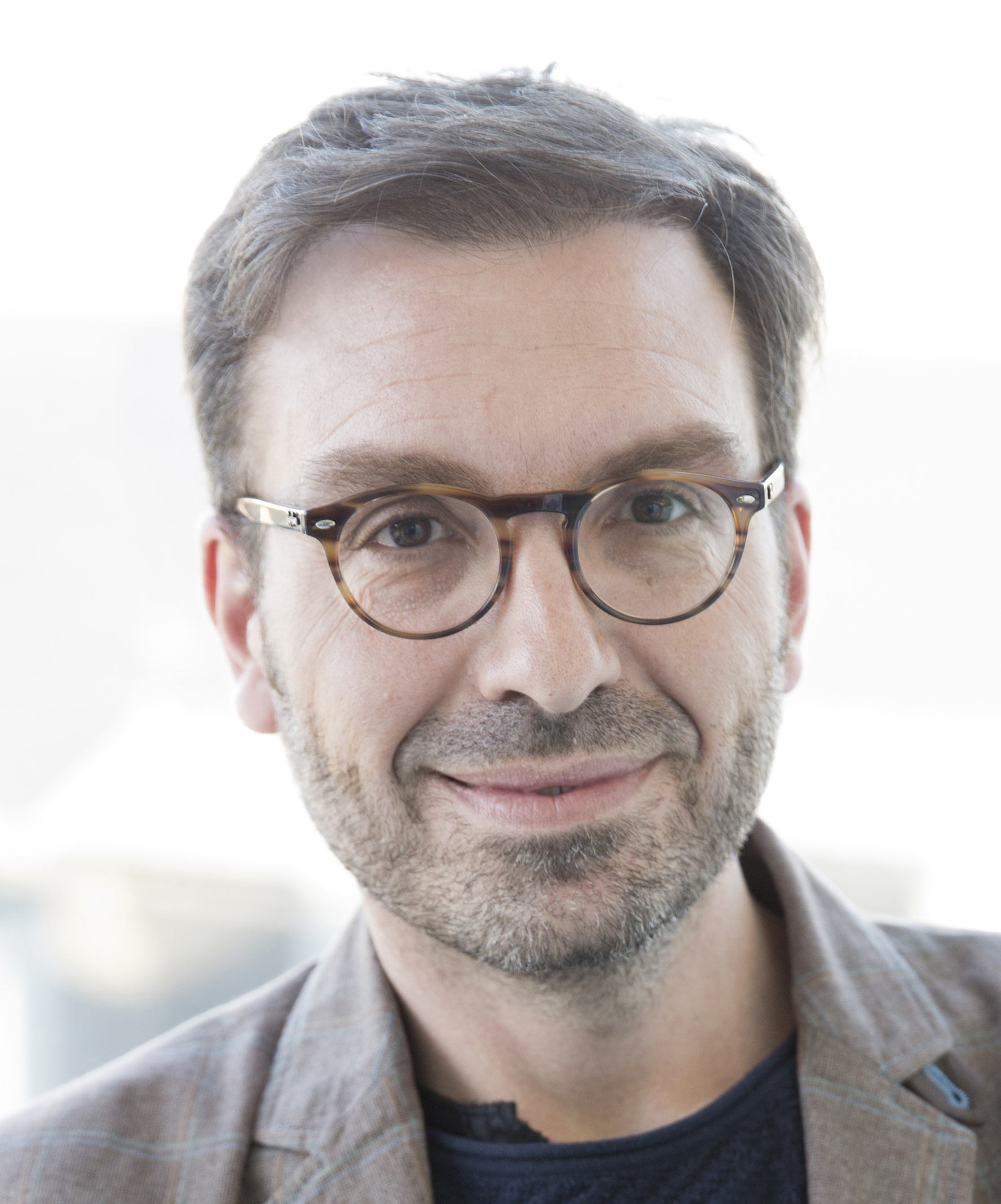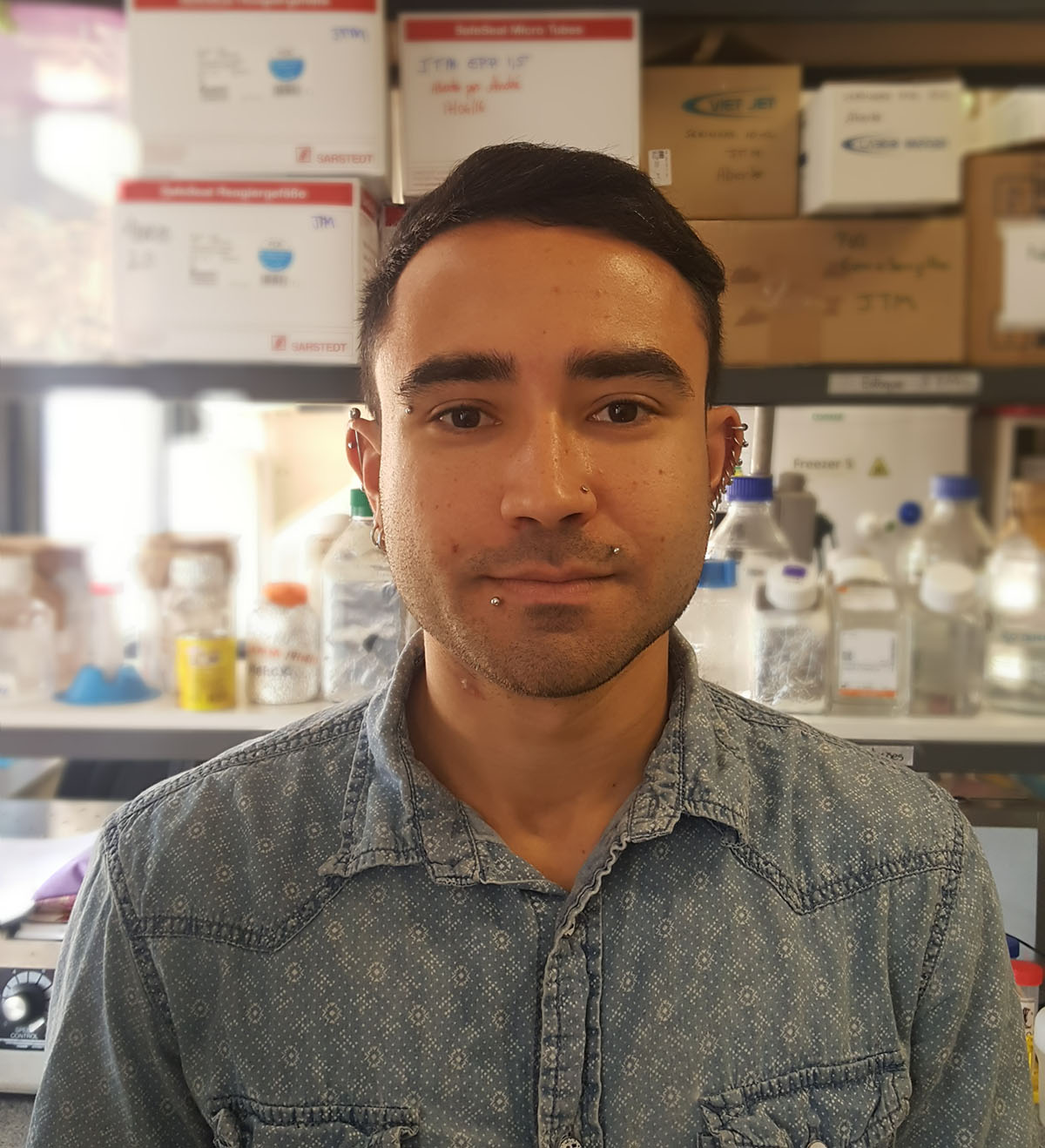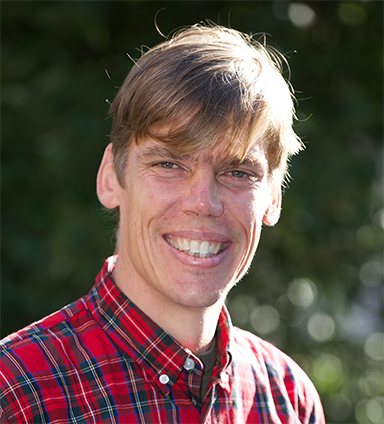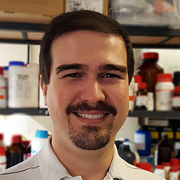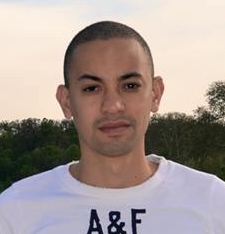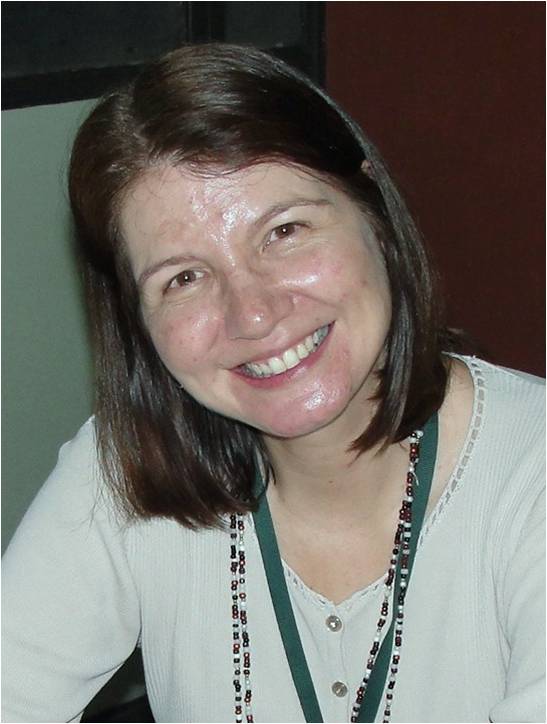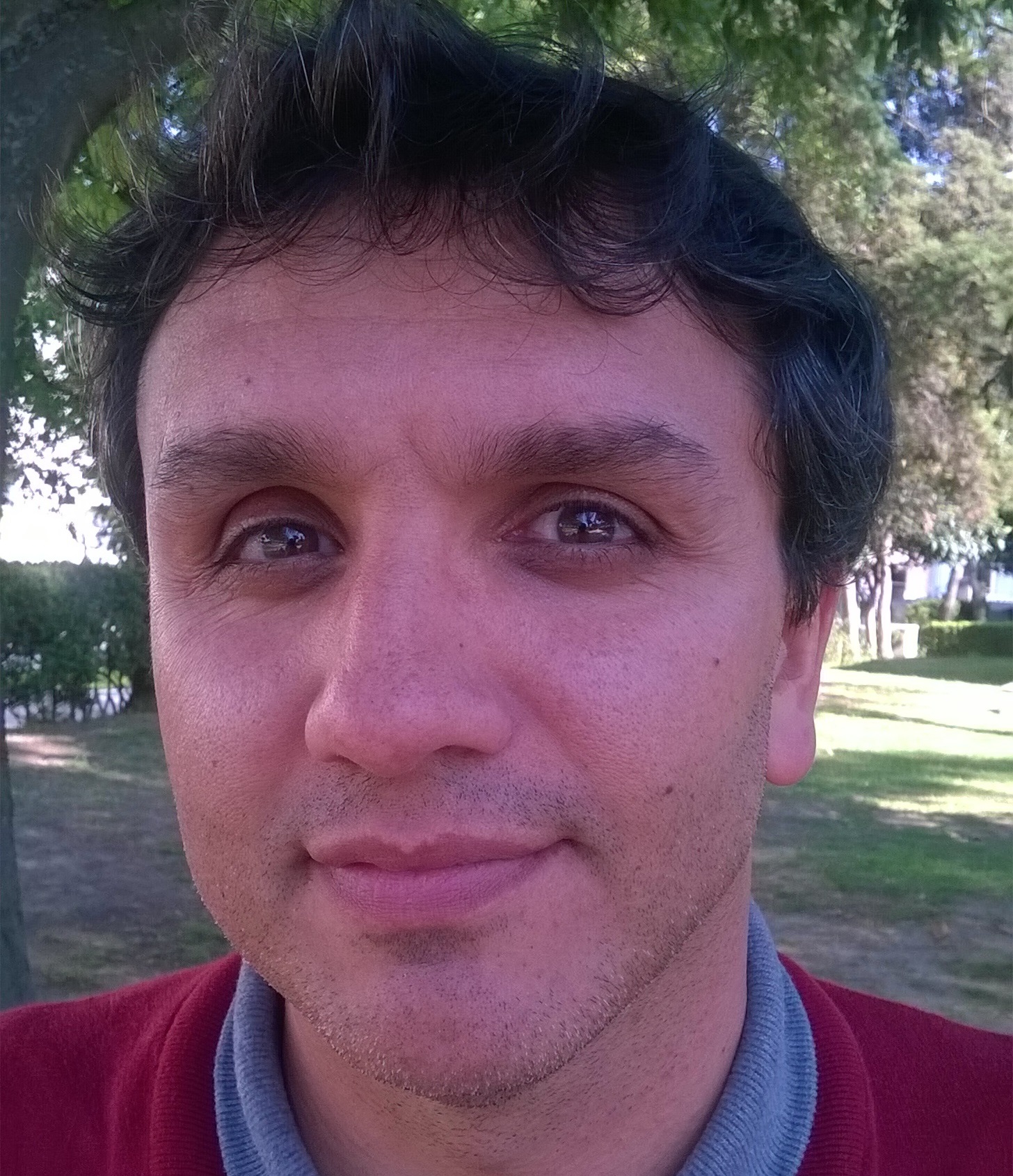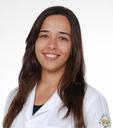Organizers
SARA CUADROS
René Rachou Research Center, Oswaldo Cruz Foundation (Fiocruz), Belo Horizonte, Brazil
Sara Orellana is a biologist and earned her Master's in Genetics of Microorganisms and Ph.D. degree in Food Science. She has experience in Applied Microbiology, Molecular Biology and Genetics of Microorganisms, focusing her work in Genomics, Metagenomics, Microbial Ecology and Bioinformatics.
CAROLINA MIZUNO
Carolina Mizuno is a biologist and holds a master’s degree in Bioinformatics. In her phD she has described new genomes of uncultured microbes and their viruses using metagenomics. She is interested genomics and metagenomics studies, specifically focusing on microbial ecology. She has joined the Institut Pasteur as a post-doctoral researcher with an EMBO Long-Term fellowship to study the Origin and Evolution of CRISPR-Cas Systems.
ANTONIO BORDERIA
International Group of Data Analysis, C3BI, Institut Pasteur, France
Antonio V. Borderia is the project manager of the International Group for Data Analysis (IGDA) led by Magnus Fontes integrated in the C3BI. He is also managing the International Network for Data Analysis which offers Bioinformatic and data analysis hands-on courses for the Institut Pasteur International Network (RIIP).
Course staff
ALEX MIRA
Human Microbiome Laboratory, CSISP, Valencia, Spain
Alex Mira obtained an honour distinction for his BSc in Biology at the University of Alicante, Spain, a Master of Science and the phD degree at Oxford University (UK). He is currently the principal investigator of the Human Microbiome Laboratory at the CSISP, in Spain, where he has applied metagenomics and next-generation sequencing technology to the study of dental caries. He is the inventor of a patent for the use of the new species Streptococcus dentisani as a probiotic against tooth decay, currently under clinical trials, and another two patents of diagnostic tests for cancer and tooth decay.
ARISTOTELES GOES-NETO
Federal University of Minas Gerais (UFMG), Belo Horizonte, Brazil
Aristoteles Goes-Neto is full Professor of the Department of Microbiology of Federal University of Minas Gerais (UFMG). He has a doctorate in Botany (UFRGS) and a postdoctoral by Fiocruz/Brazil. His research areas include Biology and Biotechnology of Fungi and Metagenomics.
BAS DUTILH
Theoretical Biology and Bioinformatics, Department of Biology, Utrecht University, Utecht, Netherlands
Bas E. Dutilh studied biology at Utrecht University and received his PhD in bioinformatics at the Radboud University Nijmegen Medical Centre in The Netherlands. He is interested in learning about the evolution, structure and potential of (microbial) genomes at the individual and population level. His focus is on the study of genomic and metagenomic data bioinformatically using comparative genomics, phylogenomics, among others.
DANIEL MORAIS
René Rachou Research Center, Oswaldo Cruz Foundation (Fiocruz), Belo Horizonte, Brazil
Daniel Kumazawa Morais is a microbiologist with experience in metagenomics and microbial ecology. He worked in the creation of the Brazilian Microbiome Project and participates as a scientific advisor. His recent work focuses on the soil microbial community dynamics. He is currently a Post-doctoral Fellow at the Biosystems and Informatic Genomics Group at René Rachou Research Centre – CPqRR/FIOCRUZ/Brazil and he is funded by the Instituto Tecnologico Vale - Brazil.
EDUARDO ROCHA
Microbial Evolutionary Genomics, Institut Pasteur and UMR3525 of CNRS, Paris, France
Eduardo Rocha has made undergraduate studies in Chemical Engineering/Biotechnology and Applied Maths, holds a PhD in Bioinformatics, and an Habilitation in Biology. He is currently a senior research director at CNRS while directing a Unit at Pasteur Institute. He is a bioinformatician studying microbial evolutionary genomics, notably how the conflict between organisational features and the genetic plasticity of genomes shapes bacterial adaptation.
ERIC AGUIAR
Department of Biochemistry and Immunology, Instituto de Ciências Biológicas, Universidade Federal de Minas Gerais, Belo Horizonte, Brazil
Eric Aguiar is currently a Post-doctoral fellow at UFMG-Brazil. He graduated in Computer Science and has a Ph.D. in Bioinformatics. Has experience in Computer Science and Bioinformatics focusing on Databases, Data Mining, Pattern-based analysis, host-pathogen interactions, genomics, transcriptomics and meta analyses.
FABIANO PAIS
René Rachou Research Center, Oswaldo Cruz Foundation (Fiocruz), Belo Horizonte, Brazil
Fabiano Sviatopolk-Mirsky Pais is currently a postdoc researcher at FIOCRUZ/Minas. He developed his PhD thesis at the Dep. of Biochemistry and Immunology at UFMG. He has been working with computational biology for the past six years acting on the following topics: genomics/transcriptomic data analysis as well as clustering/classifying data through machine learning algorithms.
FERNANDO ANDREOTE
Department of Soil Science, ""Luiz de Queiroz"" College of Agriculture, University of São Paulo, São Paulo, Brazil
Fernando Dini Andreote is an Agronomist, specialized in Soil Microbiology, focused in the use of culture-independent methods to describe the soil and plant-associated microbiome. He has a PhD in Genetics and Plant Breeding, with a Post-doctoral in Environmental Microbiology. Actually, he is an Associate Professor at University of São Paulo, allocated in the ""Luiz de Queiroz""College of Agriculture.
FRANSCISCO LOBO
Department of General Biology, Instituto de Ciências Biológicas, Universidade Federal de Minas Gerais, Belo Horizonte, Brazil
Francisco Lobo is a Professor in the Department of General Biology at Universidade Federal de Minas Gerais, Brazil. He graduated in Biology, has a M.Sc. in Biochemistry and Immunology and a Ph.D. in Bioinformatics. His research focus is on using/developing computational tools to analyze ""omics"" data and its embedded metadata aiming at studying biological systems to obtain biologically meaningful and statistically sound knowledge.
FRANSCISLON OLIVEIRA
René Rachou Research Center, Oswaldo Cruz Foundation (Fiocruz), Belo Horizonte, Brazil
Francislon Oliveira is a computer scientist and has been working professionally as software developer for bioinformatics projects since 2010. He obtained his MSc. in Bioinformatics at Federal University of Minas Gerais/Brazil in 2015 working with DNA Barcoding. Currently, he is a bioinformatician at Genomics and Computational Biology Group at René Rachou Research Centre – CPqRR/FIOCRUZ/Brazil.
LARISSA LOPES SILVA SCHOLTE
Grupo de Informática de Biossistemas e Genômica, Centro de Pesquisas René Rachou, FIOCRUZ
Larissa is a Brazilian Biologist and after completing her undergraduate studies she did her MSc and PhD in Genetics at the Federal University of Minas Gerais, in collaboration with the Center for Genomic Regulation in Spain and the Basel University in Switzerland, respectively, both focused in genomics, bioinformatics, and biotechnology, where she applied phylogenomic methods for analyzing neglected tropical diseases (NTDs) proteomic data. After finishing her PhD, she joined the Genomics and Computational Biology group at the Oswaldo Cruz Foundation where since 2013 she has been working with computational biology and evolution at the molecular level. Her research involves comparative analyses of completely sequenced genomes and proteomes, followed by laboratory experiments to test hypotheses generated from the computational analyzes.
LLUIS QUINTANA-MURCI
Unit of Human Evolutionary Genetics, CNRS, Institut Pasteur, Paris, France
Lluis Quintana-Murci, a Director of Research of the CNRS, heads the Unit of Human Evolutionary Genetics at the Institut Pasteur (Paris) since 2007. He earned his Ph.D. in Population Genetics at the University of Pavia (Italy), and his MSc in Biology at the University of Barcelona (Spain). Specifically, the Quintana-Murci laboratory studies the extent to which pathogens have exerted selective pressures on the human genome, particularly at innate immunity genes. The ultimate goal of their research is to identify genes and/or gene families showing signs of natural selection, as these will provide clues to important immunological pathways in pathogen resistance/homeostasis.
LUCAS BLEICHER
Department of Biochemistry and Immunology, Instituto de Ciências Biológicas, Universidade Federal de Minas Gerais, Belo Horizonte, Brazil
Lucas Bleicher is a professor at the Department of Biochemistry and Immunology, Biological Sciences Institute, Universidade Federal de Minas Gerais (UFMG). He graduated in Computer Science and has a M.Sc. and a Ph.D. in Applied Physics (emphasis on Biomolecules). His research focus is on computational methods for the detection of functional and structural determinants in protein families, and also computational and structural biology (molecular modeling, x-ray crystallography).
LUCIO QUEIROZ
Department of Biochemistry and Immunology, Instituto de Ciências Biológicas, Universidade Federal de Minas Gerais, Belo Horizonte, Brazil
Lúcio Rezende Queiroz is a Biotechnologist, experienced in Molecular Biology, Metabolic Engineering and Computational Biology. He is currently a Bioinformatics Master’s student at Universidade Federal de Minas Gerais - Brazil. He is interested in every possible biological data.
MAGNUS FONTES
International Group of Data Analysis, C3BI, Institut Pasteur, France
Magnus Fontes is PhD and Professor of Mathematics at Lund University, Sweden, and an expert in modeling, analysis and visualization of complex systems. Fontes has extensive industrial and academic leadership experience. Since April 2014, Fontes is stationed at Institut Pasteur (IP) in Paris where he is heading the International Group for Data Analysis (IGDA) and leading the effort to establish and coordinate the IP International Network for Data Analysis (INDA). Fontes is Director of International Relations at the Institut Pasteur Centre for Bioinformatics Biostatistics and Integrative Biology (C3BI).
ROBERTO TORO
Applied and theoretical neuroanatomy, Institut Pasteur, France
Roberto Toro is interested on the development and evolution of the brain, studying it through mathematical modelling, magnetic resonance imaging and genetics. He has developed computational models to describe the global organisation of the sulcal anatomy of the human brain, and to simulate the gyrification of the cerebral cortex. His aim is to apply this theoretical framework to the analysis of the neuranatomical data.
ROENICK OLMO
Department of Biochemistry and Immunology, Instituto de Ciências Biológicas, Universidade Federal de Minas Gerais, Belo Horizonte, Brazil
Roenick Olmo studied pharmacy and received his PhD in bioinformatics at the Universidade Federal de Minas Gerais. Currently he is a postdoctoral fellow of the Department of Biochemistry and Immunology at the same University. He has experience in invertebrate antiviral immunology, mainly in medically important insect vectors that transmits arboviral diseases.
TIAGO MENDES
Department of Biochemistry and Molecular Biology, Universidade Federal de Viçosa, Viçosa, Brazil
Tiago Mendes is a Professor in the Department of Biochemistry and Molecular Biology at Universidade Federal de Viçosa, Brazil. He graduated in Pharmacy, PhD in Bioinformatics and Master of Science in Parasitology. Has experience in Synthetic Biology and Metabolic Engineering methods integrating computational analysis and wet lab validation applied to industrial production of glycosylated and oligomeric proteins.
VICTOR PYLRO
Soil Microbiology Laboratory, Department of Soil Science, “Luiz de Queiroz” College of Agriculture, University of São Paulo, São Paulo, Brazil
Victor Pylro is a microbial ecologist holding experience on molecular microbial ecology. He is the coordinator of the Brazilian Microbiome Project . He is also the coordinator of the Knowledge Transfer Committee of the National Institute of Science and Technology: Microbiome, concerning human resources formation and transfer of knowledge to society. Currently, he is a Post-doctoral Research Associate at Soil Microbiology Laboratory – Department of Soil Science, “Luiz de Queiroz” College of Agriculture, University of São Paulo – ESALQ/USP.
Scientific Advisors
GABRIEL FERNANDES
René Rachou Research Center, Oswaldo Cruz Foundation (Fiocruz), Belo Horizonte, Brazil
Gabriel Fernandes completed his Bachelor'’s degree in Biological Sciences at Federal University of Minas Gerais/Brazil, and earned his Ph.D. in bioinformatics in the same Institution. He is a bioinformatician holding experience in genetics, acting on the following topics: metagenomics, biological databases and annotation of genomes.
GLORIA FRANCO
Department of Biochemistry and Immunology, Instituto de Ciências Biológicas, Universidade Federal de Minas Gerais, Belo Horizonte, Brazil
Gloria Regina Franco is graduated in Biological Sciences from the Federal University of Minas Gerais, got her Master's degree in Biochemistry and Immunology and PhD in Biochemistry and Immunology at the same institution. She worked as a post-doctoral fellow at the Garvan Institute of Medical Research. She is currently an Associate Professor at the Department of Biochemistry and Immunology at the Federal University of Minas Gerais, and President of the Brazilian Association of Bioinformatics and Computational Biology (AB3C). She has worked in biochemistry with emphasis on Molecular Biology and Bioinformatics, mainly dedicating to the following topics: genomics and transcriptomics of parasites, DNA sequencing, functional genetics, differential gene expression and proteomics.
RODRIGO COSTA
Institute for Bioengineering and Biosciences, Department of Bioengineering, Universidade de Lisboa, Portugal
Rodrigo Costa obtained his Ph.D. degree in Life Sciences from the Technical University of Braunschweig, Germany, and currently is Assistant Professor at the Department of Bioengineering of “Instituto Superior Técnico” (IST), University of Lisbon. His research addresses the diversity and function of microorganisms in natural and fabricated biomes - with emphasis on Eukaryote-Prokaryote symbioses -, their implications to host/ecosystem health and climate regulation, and their potential use as renewable sources of innovative biotechnological appliances.
VASCO AZEVEDO
Federal University of Minas Gerais (UFMG), Belo Horizonte, Brazil
Vasco Azevedo, obtained his Master (1989) and Ph.D. (1993) degree in molecular genetics, at Institut National Agronomique Paris-Grignon (INAPG) and Institut National de la Recherche Agronomique (INRA), France. He did a Post-doctorate in Microbiology Department of Medicine School in 1994, University of Pennsylvania. USA. Since, 1995, he has been a Professor of Federal University of Minas Gerais. Professor Azevedo is a member of the Brazilian Academy of Sciences and a pioneer of Genetics of Lactic Acid Bacteria and Corynebacterium pseudotuberculosis in Brazil. He has specialized and currently researching on bacterial genetics, genome, transcriptome, proteome, development of new vaccines and diagnostic against infectious diseases.
Support Team
Carlos Henrique Miranda Rodrigues
Universidade Federal de Minas Gerais, Belo Horizonte, Brazil
Master's degree candidate of the Bioinformatics program at UFMG with research focus on structural biology and computational analysis of the effect of mutations in proteins using predictive models based in machine learning. Also have a bachelor's degree in Information Systems at UNIMONTES with experience in the analysis and development of web systems and database.
Felipe Borim Corrêa
Department of Biochemistry and Immunology, Instituto de Ciências Biológicas, Universidade Federal de Minas Gerais, Belo Horizonte, Brazil
Felipe Borim Corrêa is a biologist and currently a Bioinformatics Master's student at Universidade Federal de Minas Gerais, Brazil. He is also a member of Biosystems and Informatic Genomics Group at René Rachou Research Centre – CPqRR/FIOCRUZ/Brazil. Has experience in environmental microbiology and is focused on the study of metagenomic data using bioinformatics.
Julliane Medeiros
René Rachou Research Center, Oswaldo Cruz Foundation (Fiocruz), Belo Horizonte, Brazil
Julliane Medeiros is a biologist and holds a master’s degree in Genetics. In her phD she has described new single amplified genomes from acid mine drainage. She has experience and interest in Genomics, Metagenomics, Molecular Biology, and Bioinformatics.
Laura Rabelo Leite
René Rachou Research Center, Oswaldo Cruz Foundation (Fiocruz), Belo Horizonte, Brazil
Laura is a PhD in ioinformatics, and currently has a post doc position in the Biosystems Genomics and Informatics group at Fiocruz Minas (CPqRR). Her main research interest involves genomic and metagenonimc environmental analysis for the identification of enzymes and organisms with biotechnological interest.
Nizar Fawal
Unité de Recherche et d'Expertise des Bactéries Pathogènes Entériques, Institut Pasteur, France
Provide bioinformatics support and solutions to the BPE research unit, epidemiological data analysis, and tool development and automation.
Financial support
This course was supported by the Pasteur International Network Association
Co-produced by Institut Pasteur and the Oswaldo Cruz Foundation (Fiocruz)


